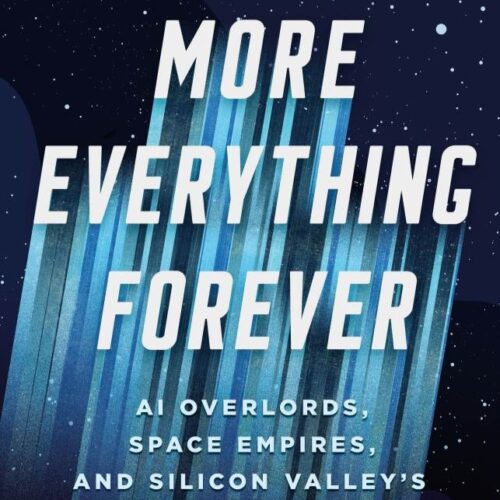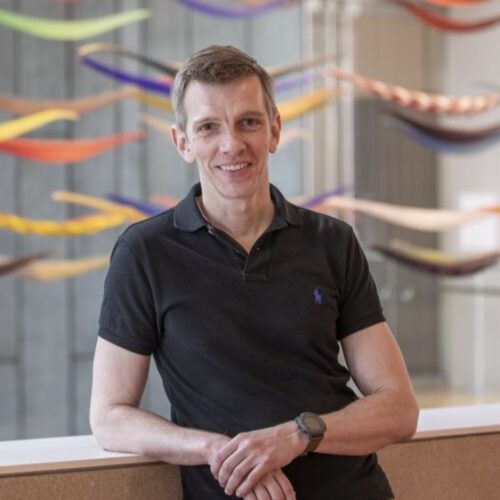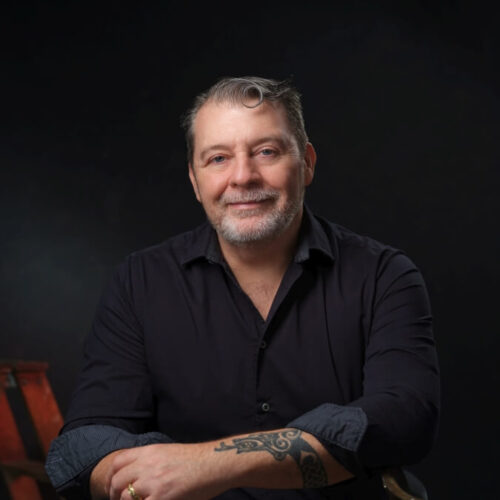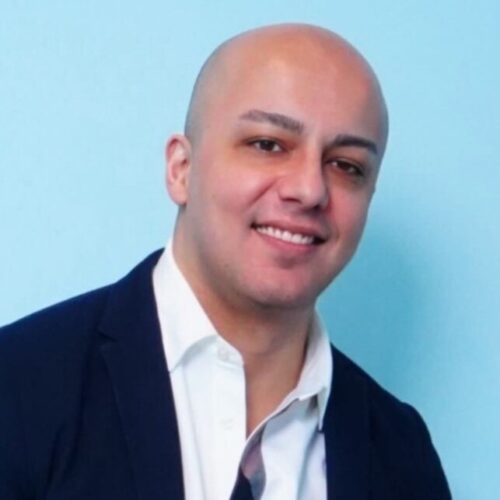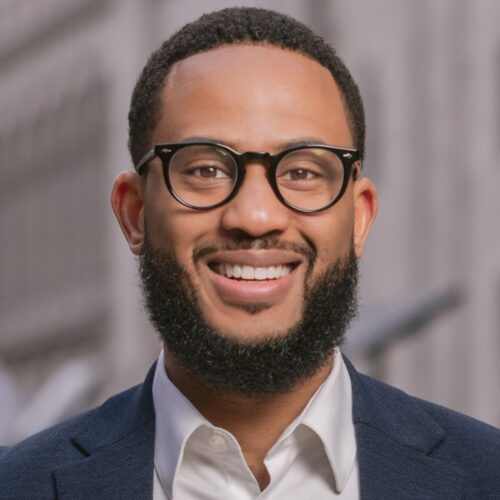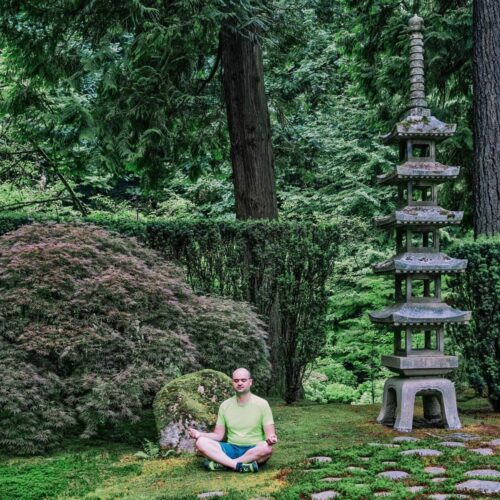Jerome C. Glenn on the Sate of the Future: We Are Winning More Than We Are Losing!
Socrates / Podcasts
Posted on: August 23, 2012 / Last Modified: October 30, 2021
Podcast: Play in new window | Download | Embed
Subscribe: RSS
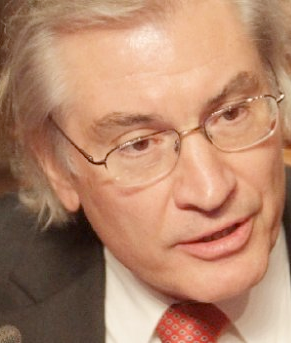 Jerome C. Glenn is co-founder and Director of The Millennium Project. He is well known for inventing the Futures Wheel technique and, among many other things, is also the primary author on their annual state of the future report and editor of futures research methodology.
Jerome C. Glenn is co-founder and Director of The Millennium Project. He is well known for inventing the Futures Wheel technique and, among many other things, is also the primary author on their annual state of the future report and editor of futures research methodology.
Thus, when Jason Ganz suggested that I invite Jerome on Singularity 1 on 1, I jumped at the opportunity.
During our conversation, we cover a wide variety of topics such as the personal story of how Jerome got involved in future studies; the motivation and the goals of the Millennium Project; trans-institutions and the value and advantages thereof; future scenarios, science fiction, and future studies; the Muslim Brotherhood and the middle east peace process; futures methodologies; the 2012 state of the future report and major points thereof; the most important lesson from doing such a comprehensive report for 15 years in a row.
My three most favorite quotes that I will take away from this interview with Jerome are:
We are winning more than we are losing.
[…]
Pessimism should be stopped. It is a cowardly intellectual position.
[…] and my favorite one:
Maybe the most important thing is not to be looking for the most important thing.
As always you can listen to or download the audio file above or scroll down and watch the video interview in full. To show your support you can write a review on iTunes, make a direct donation or become a patron on Patreon.
Who is Jerome C. Glenn?
Jerome C. Glenn co-founded and directs The Millennium Project, a leading global participatory think tank supported by international organizations, governments, corporations, and NGOs, which produces the internationally recognized State of the Future annual reports for the past 16 years. Jerome Glenn invented the “Futures Wheel”, a futures assessment technique; Futuristic Curriculum Development, and concepts such as conscious-technology, transinstitutions, tele-nations, management by understanding, feminine brain drain, just-in-time knowledge, feelysis, nodes as a management concept for interconnecting global and local views and actions, and definitions of environmental security, collective Intelligence, and scenarios. He has consulted for governments, corporations, UN organizations, and NGOs. He wrote about information warfare in the late 1980s in his book Future Mind, sent his first email in 1973, and was hired by the Quakers action arm to organize the environmental programs in New England 1971. More recently he led the design and implementation of collective intelligence systems for the Global Climate Change Situation Room in South Korea, the Prime Minister’s Office of Kuwait, and now the Global Futures Collective Intelligence System
Saturday Review named him among the most unusually gifted leaders of America for his pioneering work in Tropical Medicine, Future-Oriented Education, and Participatory Decision Making Systems in 1974. He was instrumental in naming the first Space Shuttle the Enterprise and banning the first space weapon (FOBS) in SALT II. He has published over 150 future-oriented articles, spoken to over 300 organizations, written several books (Future Mind, Linking the Future, and co-author of Space Trek), and is the editor of Futures Research Methodology Version 3.0.
Other research is available at www.millennium-project.org


